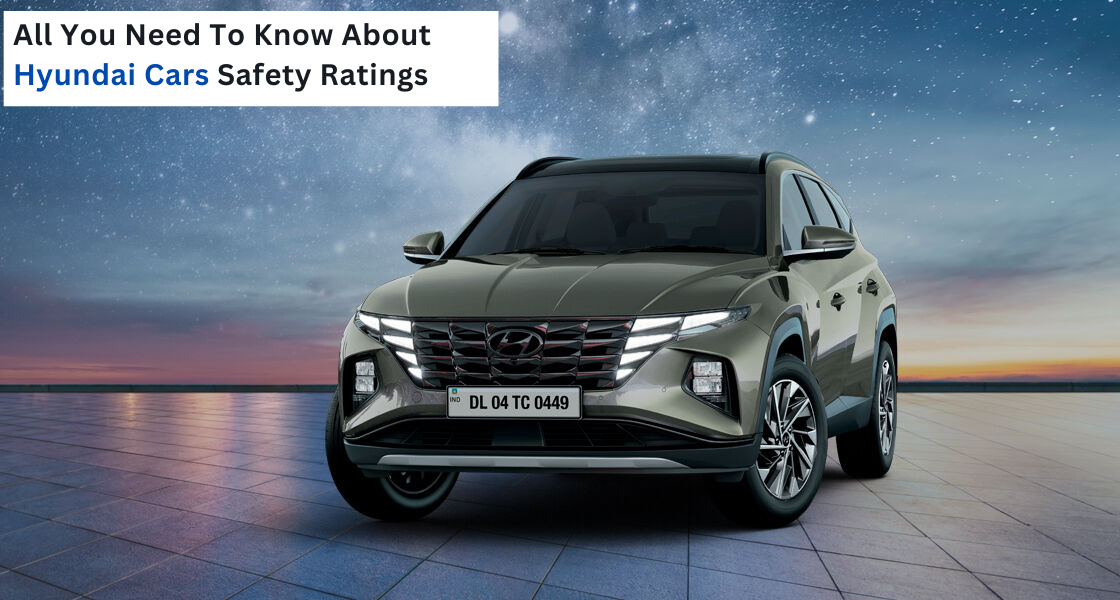Hyundai cars safety ratings are an important factor to consider when purchasing a Hyundai car!
Hyundai is known for its reliable and stylish vehicles, prioritizing safety in its lineup. Understanding Hyundai cars safety ratings is crucial for making an informed decision. These ratings reflect the brand’s commitment to passenger safety and provide insights into the level of protection you can expect from that vehicle.
Explore below the Hyundai cars safety ratings and their importance.
Table of Contents
ToggleImportance of Hyundai Cars Safety Ratings
Hyundai cars safety ratings are critical indicators of the safety assessment of the respective vehicles. These ratings are provided by Bharat NCAP that evaluates vehicle safety through multiple tests.
High safety ratings assue that the car offers excellent protection in the event of a collision, minimizing the risk of injury to passengers. Additionally, higher safety ratings can contribute to lower insurance premiums and provide peace of mind to car owners.
List of Hyundai Cars With High Safety Ratings in India
Safety ratings provide crucial information about a vehicle’s ability to protect occupants during crashes and avoid accidents. These ratings, typically issued by independent organizations, evaluate factors such as crashworthiness, accident avoidance capabilities, and safety technology features.
For Hyundai, strong safety ratings demonstrate their commitment to producing reliable, secure vehicles. Here is the list of Hyundai cars safety ratings:
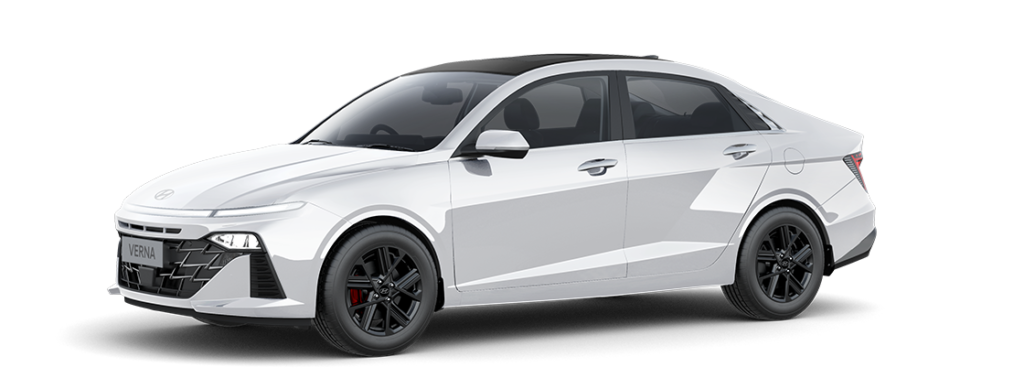
The Hyundai Verna indicates a strong commitment to safety with its advanced safety features. It offers six airbags, providing extensive protection for occupants in case of a mishappening. The sedan also includes advanced systems such as Electronic Stability Control (ESC) and Vehicle Stability Management (VSM), which help maintain control in challenging driving conditions.
Additional features like Hill Start Assist Control (HAC) and a Tire Pressure Monitoring System (TPMS) further enhance Verna’s safety credentials.
The Hyundai Verna safety rating has achieved a 5-star from Global and Bharat NCAP. While specific safety ratings may vary depending on the testing organization and region. It has generally received positive safety evaluations across multiple markets. Its performance in safety tests typically ranks well within its segment.
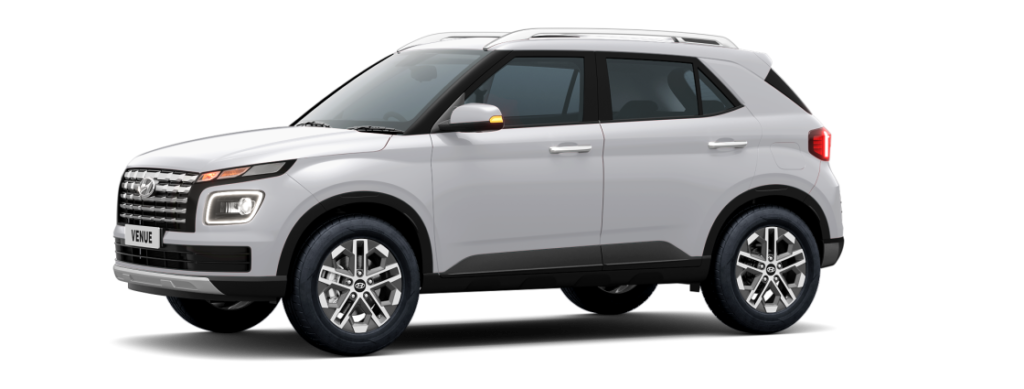
The Hyundai Venue, despite its compact size, doesn’t compromise on safety. It comes equipped with automatic headlamps or headlamp escort functions, providing a high level of occupant protection. The Venue also incorporates several advanced safety systems, including Brake Assist System and Central Locking, which contribute to safer driving experiences in various conditions.
In terms of Hyundai Venue safety ratings, it has achieved commendable scores in various markets. Notably, in the Global NCAP crash tests, it received a 4-star rating for adult occupant protection. However, its child occupant protection rating was at 3 stars. This information can be valuable for potential buyers, especially those with families.
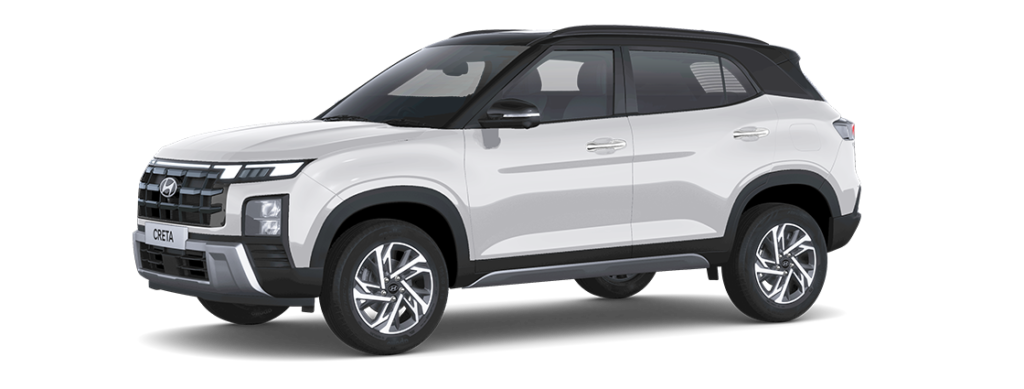
The Hyundai Creta stands out in the compact SUV segment with its impressive array of safety features. It offers six airbags as standard. The Creta also includes rear disc brakes, a driver anchor pretensioner, and an Emergency stop signal (ESS), which are crucial for maintaining control, especially given its higher center of gravity compared to sedans.
Moreover, the Hyundai Creta safety ratings have been consistently strong across different assessment programs. In Global NCAP crash tests, it achieved a 3-star rating for both adult and child occupant protection. These ratings, combined with features like Hyundai SmartSense, make the Creta a solid choice for safety-conscious buyers in the compact SUV market.
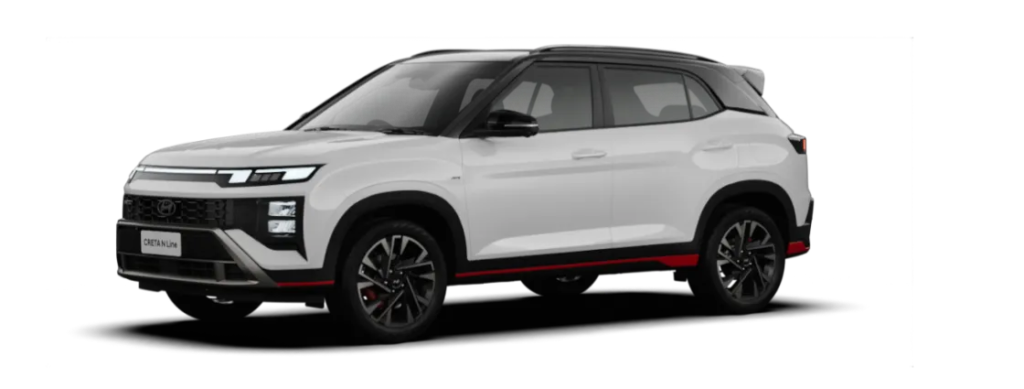
The Creta N Line builds upon the robust safety package of the standard Creta. While it maintains the core safety features of its counterpart, including the six airbags, the N Line variant adds some performance enhancements that can contribute to overall vehicle safety.
These enhancements include an improved suspension system, which can lead to better handling and stability in various driving conditions. The Creta N Line also features an upgraded braking system, potentially improving stopping power and control. It has received safety ratings of 3 stars for child occupants and 4 stars for adult passengers.
Since it shares a similar structural design and core safety features with the standard Creta model, it’s reasonable to expect that its performance will closely align with that of the standard version.
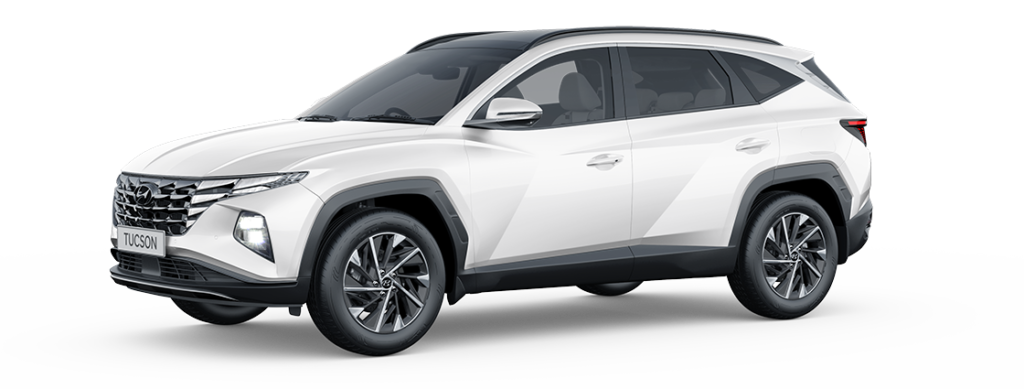
The Hyundai Tucson offers advanced safety technology in this lineup. It includes the standard safety features and also incorporates a suite of Advanced Driver Assistance Systems (ADAS). These include Forward Collision-Avoidance Assist (FCA), Lane Keeping Assist (LKA), and Blind-Spot Collision Warning (BCW), significantly enhancing the vehicle’s ability to prevent accidents.
Tucson’s commitment to safety is reflected in its impressive ratings across multiple assessment programs. It has achieved a 3-star rating in Global NCAP tests, demonstrating excellent protection for both adult and child occupants. These ratings, combined with features like the Downhill Brake Control and Electronic Shift Lock System, position Tucson as a top choice for those prioritizing safety in their vehicle selection.
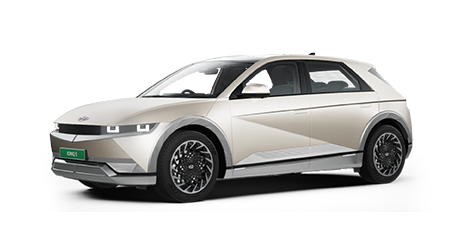
The Hyundai IONIQ 5, a fully electric crossover SUV, has made significant strides in vehicle safety. It comes equipped with Hyundai’s comprehensive SmartSense suite of advanced driver assistance systems. The vehicle also features innovative technologies like Safe Exit Assist and Remote Smart Parking Assist, further enhancing its safety credentials.
In terms of Hyundai IONIQ 5 safety ratings, it has performed exceptionally well across multiple assessment programs. It received a prestigious 5-star rating from Global NCAP, scoring particularly high in adult occupant protection and safety assist systems. This recognition reflects the vehicle’s strong performance in crash tests and its effective crash prevention systems.
The Hyundai lineup demonstrates a strong commitment to safety. Most models achieve good to excellent ratings, with higher-end vehicles offering advanced safety technologies. It’s worth noting that newer models and refreshed versions often incorporate enhanced safety features, reflecting Hyundai’s ongoing focus on occupant protection.
Find Out More About Hyundai Cars safety ratings At Hans Hyundai Showroom in Delhi!
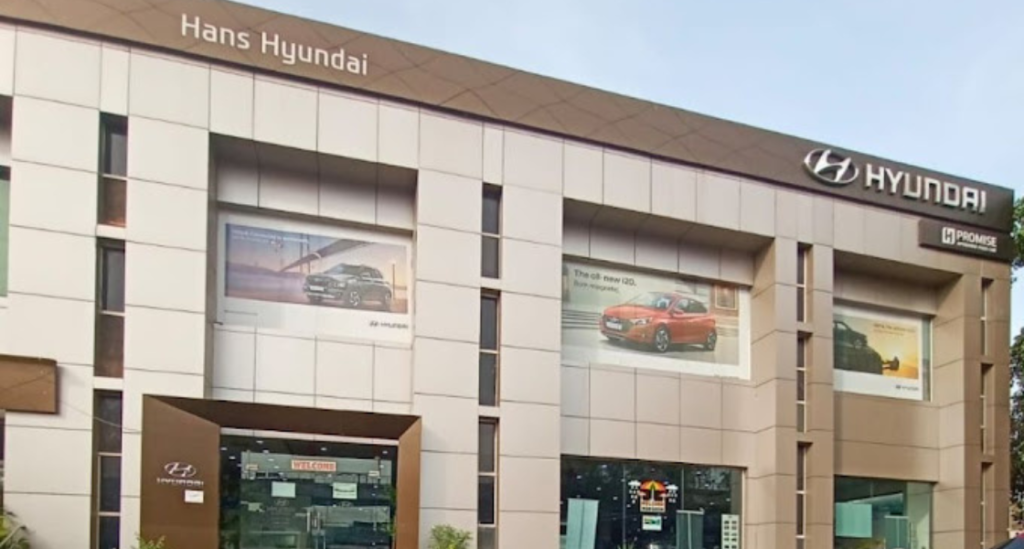
Hans Hyundai Showroom in Delhi is a trusted and reputed dealership offering Hyundai models at the best prices. Their expert team will provide an in-depth detail of each vehicle’s safety technologies and features. This will help you choose the Hyundai model that best meets your preferences.
For more detailed information on the Hyundai cars safety ratings, consider visiting the Hans Hyundai showroom in Delhi.
Answer. Hyundai cars safety ratings are generally competitive with, and in some cases exceed, those of other brands in the same segments.
Answer. Yes, Hyundai cars are generally considered safe. Many models have received high ratings from various safety assessment organizations globally.
Answer. Hyundai SmartSense is a suite of advanced driver assistance systems (ADAS) that includes features like Forward Collision-Avoidance Assist, Lane Keeping Assist, and Blind-Spot Collision-Avoidance Assist.
Answer. While base safety features are often consistent, higher trim levels may offer additional advanced safety features. It’s important to check the specific features of each trim level when considering a purchase.


